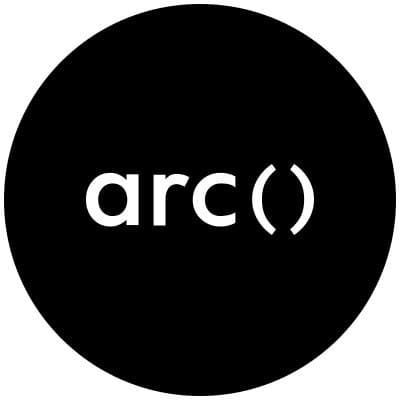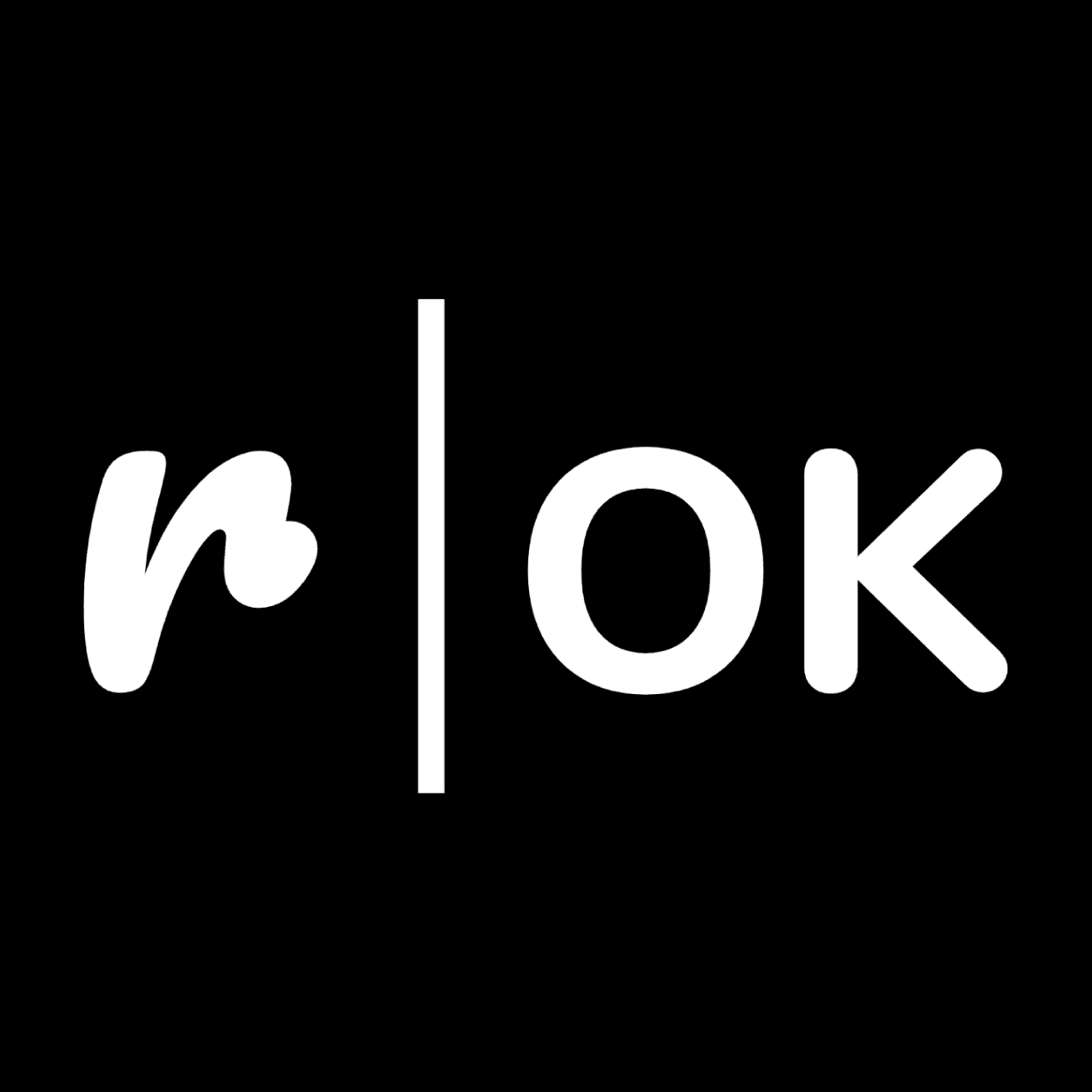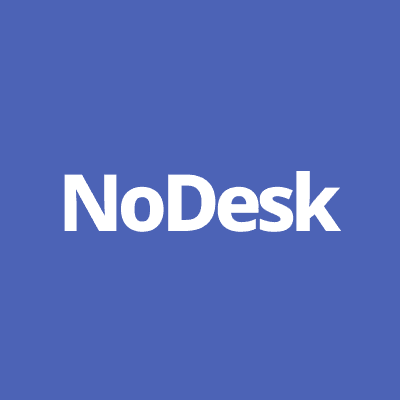Remote.io vs. Arc
Remote.io
Remote.io lets you browse thousands of remote job listings at startups and leading companies.
Arc
Arc isn't exactly a job board. It's more of tool where you create a profile and it matches you with companies offering remote jobs. You need to pass a vetting process to qualify but after that you get direct invitation to interviews. Their AI automatically matches you with the jobs that best fit your profile.
| Item | Votes | Upvote |
|---|---|---|
| No pros yet, would you like to add one? | ||
| Item | Votes | Upvote |
|---|---|---|
| No cons yet, would you like to add one? | ||
| Item | Votes | Upvote |
|---|---|---|
| No pros yet, would you like to add one? | ||
| Item | Votes | Upvote |
|---|---|---|
| No cons yet, would you like to add one? | ||
Frequently Asked Questions
Remote.io offers a platform where you can browse thousands of remote job listings at startups and leading companies, giving you more control over your job search. Arc, on the other hand, matches you with remote job opportunities after you create a profile and pass a vetting process. Arc's AI matches you with jobs that best fit your profile and you receive direct invitations to interviews. The choice between the two depends on whether you prefer actively browsing job listings (Remote.io) or being matched with opportunities based on your profile (Arc).
Arc is better for personalized job matches as it uses AI to automatically match you with remote job opportunities that best fit your profile. Additionally, after passing a vetting process, you receive direct invitations to interviews. Remote.io, in contrast, allows you to actively browse thousands of remote job listings but does not offer personalized matching.
Remote.io is a platform that allows users to browse thousands of remote job listings at startups and leading companies. It caters to a wide range of industries and job types, helping professionals find opportunities that allow them to work from anywhere.
Remote.io features a variety of remote job opportunities, including roles in engineering, marketing, design, customer support, and more. The platform includes job listings from startups as well as established companies, making it a versatile resource for job seekers.
Remote.io offers features like advanced job search filters, company profiles, and the ability to save job listings. Users can also receive email alerts for new job postings that match their preferences, making it easier to stay updated on potential opportunities.
To apply for jobs on Remote.io, users need to create an account and complete their profile. They can then browse job listings and apply directly through the platform. Some listings may redirect users to the company's website to complete the application process.
Yes, Remote.io is free for job seekers to use. They can browse job listings, set up email alerts, and apply for positions without any cost. However, companies looking to post job listings may have to pay a fee.
Arc is a tool designed to connect job seekers with remote job opportunities by matching their profiles with companies offering remote positions. Unlike traditional job boards, Arc requires users to pass a vetting process before getting direct invitations to interviews. The platform utilizes AI to automatically match users with jobs that best fit their profiles.
Arc works by having users create a profile and complete a vetting process. Once the vetting process is passed, Arc's AI system matches the user's profile with remote job opportunities that best fit their skills and experience. Users then receive direct invitations to interviews from potential employers.
The vetting process on Arc involves a series of assessments designed to evaluate a candidate's skills and experience. This process ensures that only qualified candidates are matched with job opportunities, increasing the chances of successful placements for both job seekers and employers.
Arc has several advantages, including its AI-driven job matching, direct invitations to interviews, and a rigorous vetting process that ensures high-quality matches. However, some potential drawbacks include the necessity to pass the vetting process, which might be challenging for some users.
Yes, creating a profile on Arc and using its job-matching services is free for job seekers. However, there might be additional services or premium features that could incur costs.





















